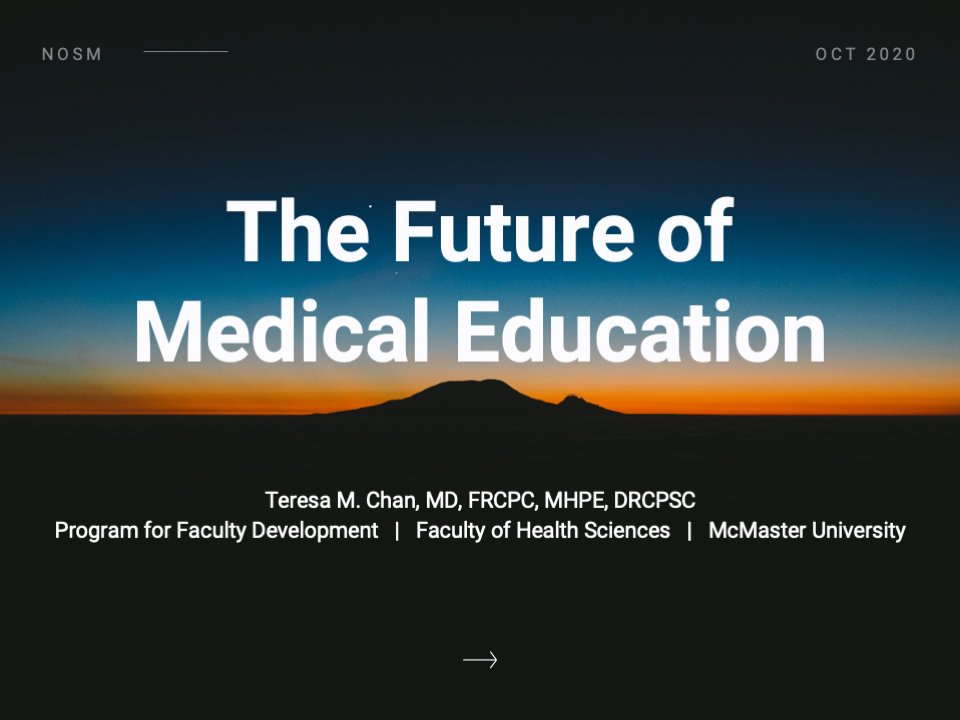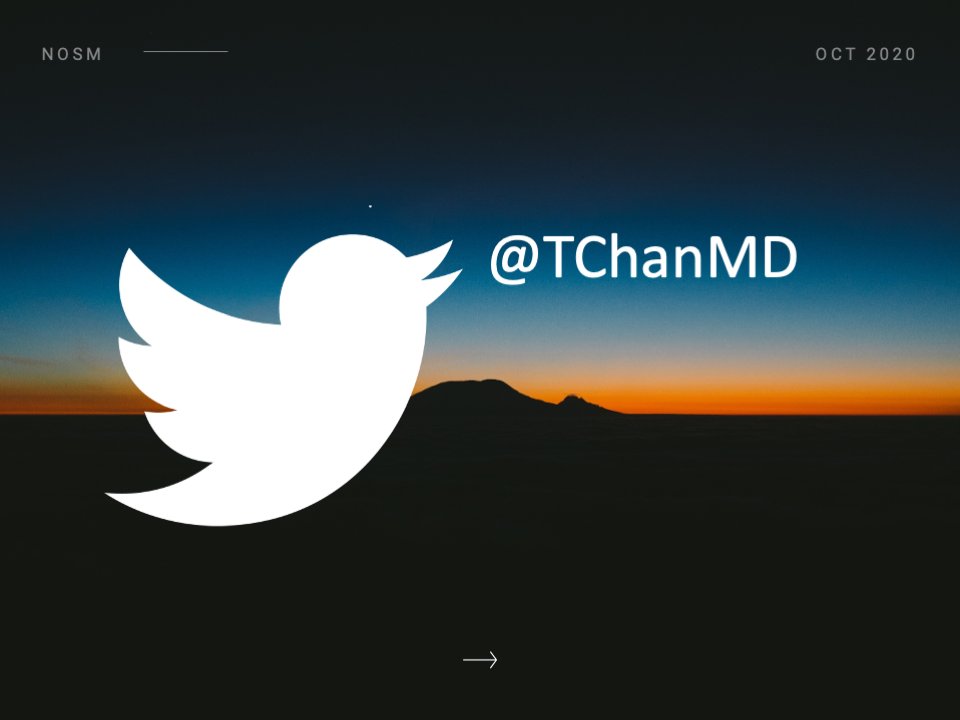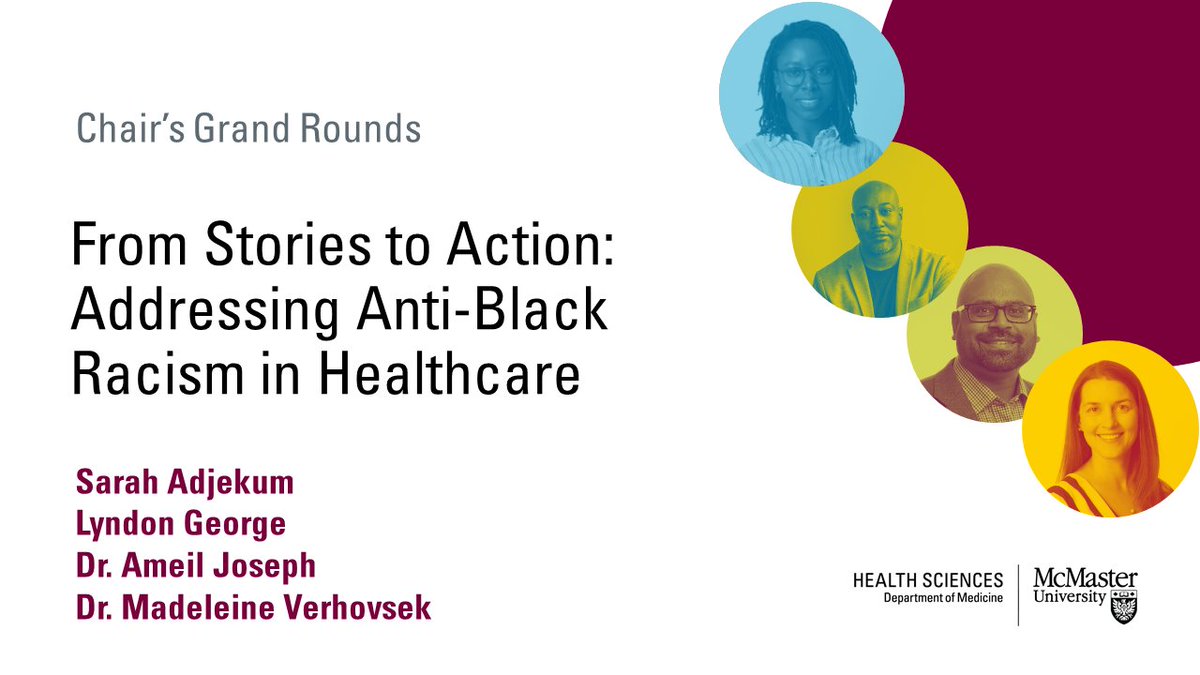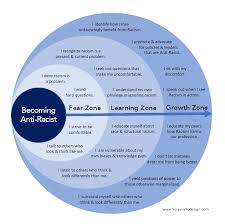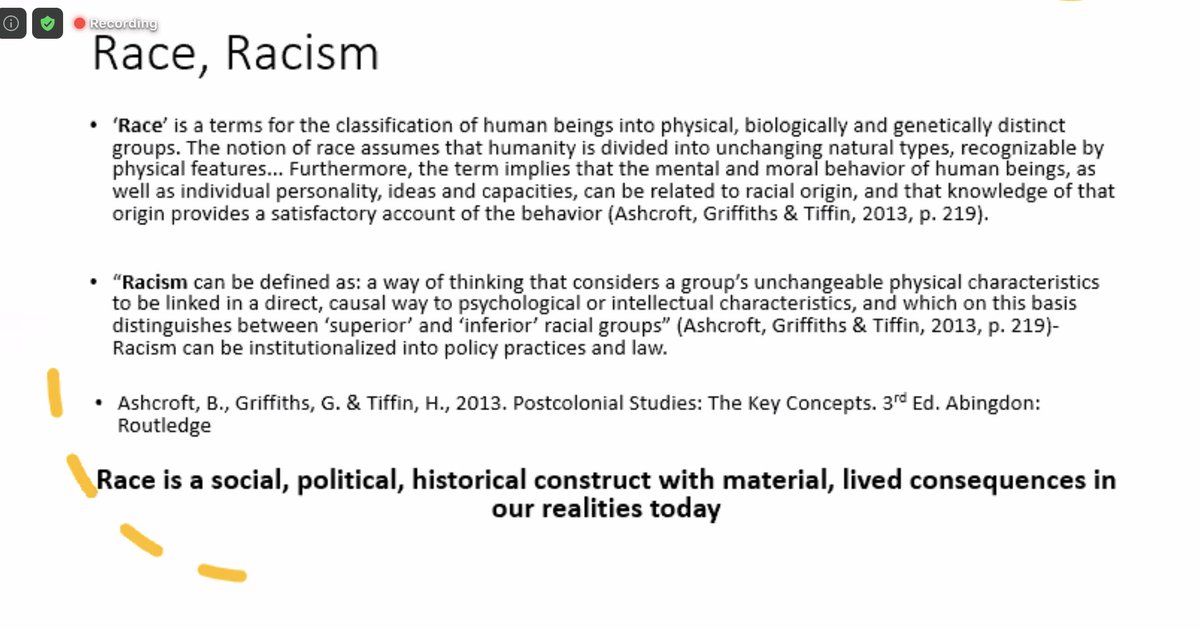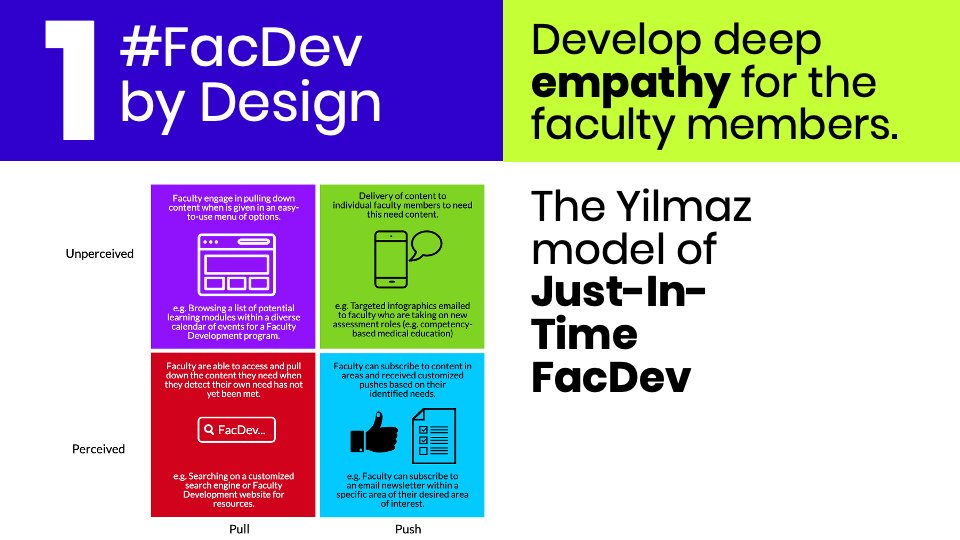Years ago, I wrote a blog post (canadiem.org/waves-of-foam/) and received some heat from the #FOAMed community. That feels like a lifetime ago, and in a time when fewer were relying on #FOAMed for critically timely clinical content.
Today, our paper is online first, detailing the waves (as we see it) of those who have founded the movement, the early adopters who flew w/ concept, and structuralists who have come along to add discussions of quality, critical appraisal, formalization.
atsjournals.org/doi/full/10.34…
atsjournals.org/doi/full/10.34…

It feels like a lifetime ago, but this is one of those capstone papers that synthesize a big body of scholarly work that has erupted around #FOAMed...
...and in retrospect, it was inevitable that there would be a divide between those who see themselves as founders, enthusiasts/early adopters and those of us who would aim to add structure, equity of access, diversity of voices, and recognition to those who came before.
But to build the movement of #FOAMed into one that is sustainable, we needed to bring some structure and rigour to the process. On the other side of a multiple paper and multi-part research agenda with @METRIQstudy, I realize the work is not yet done. 

We've opened up a conversation on quality, developed tools for scaffolding critical appraisal. But we have yet to figure out how best to equip those new to this world with competencies we need as healthcare providers.
Read: metriqstudy.org
Help: surveys.mcmaster.ca/limesurvey/ind…
Read: metriqstudy.org
Help: surveys.mcmaster.ca/limesurvey/ind…

• • •
Missing some Tweet in this thread? You can try to
force a refresh




